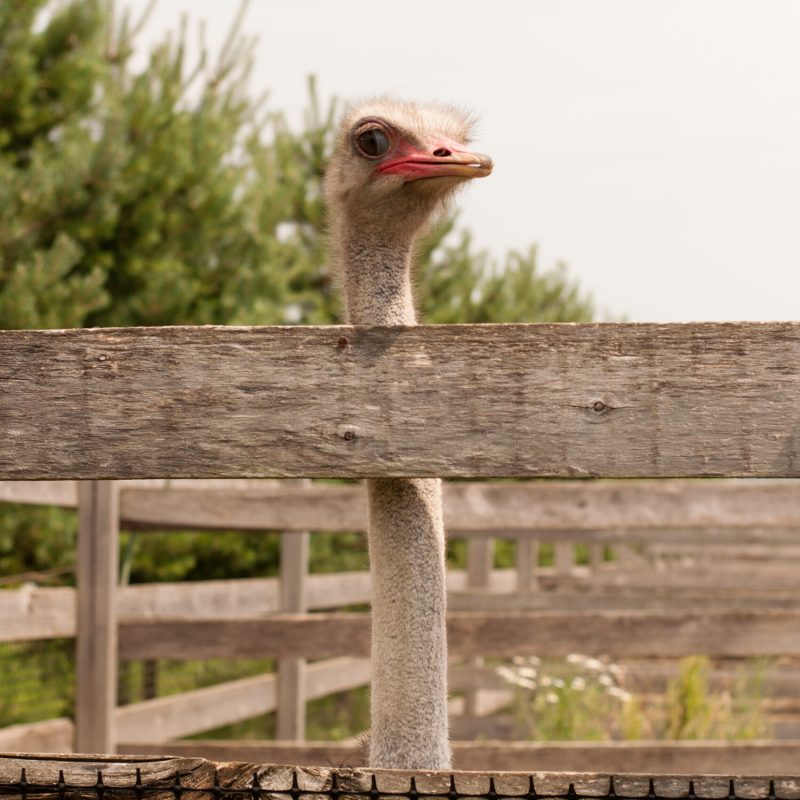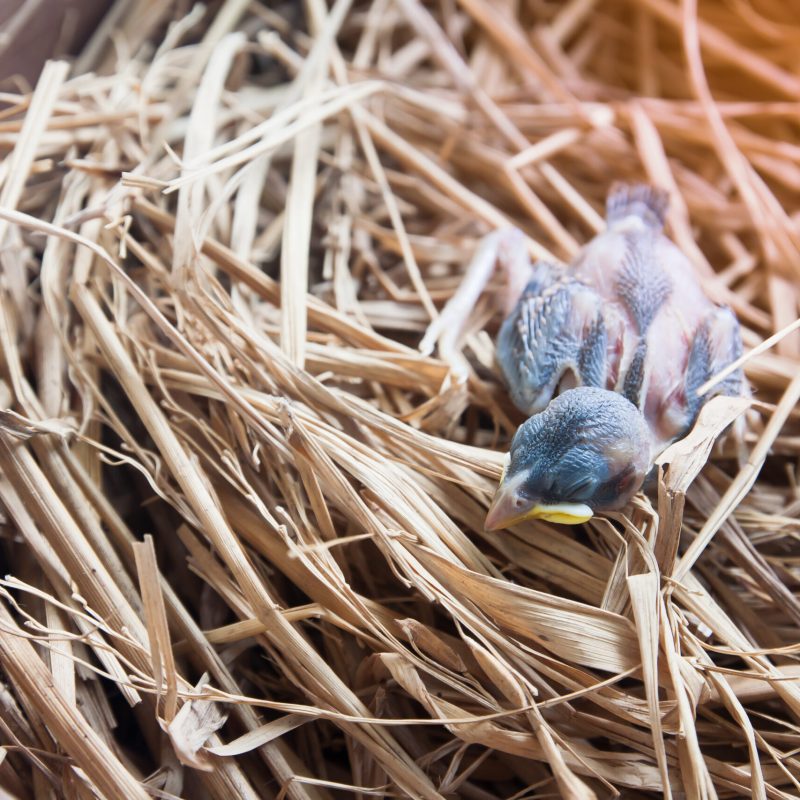Poultry Farming: A Decade of Innovation and Sustainability
Over the past decade, the poultry farming industry has undergone significant transformation, driven by advancements in technology, shifts in consumer preferences, and a growing emphasis on sustainability and animal welfare. As we reflect on these changes, according to the essay writing platform essayservice.com it’s clear that the journey of poultry farming from traditional practices to modern, innovative methods marks a new era in food production.
Smart farming solutions have enabled farmers to monitor the health and well-being of their flocks in real-time, significantly reducing mortality rates and improving overall flock health.
Emphasis on Sustainability
Sustainability has become a central theme in the evolution of poultry farming. Farms have increasingly adopted practices that reduce environmental impact, such as renewable energy sources, waste management systems, and sustainable feed production. The use of solar panels, biogas from poultry waste, and the incorporation of insect-based proteins into poultry diets are examples of how the industry is moving towards more eco-friendly operations. These efforts not only address environmental concerns but also resonate with consumers who prioritize sustainability in their purchasing decisions.


Animal Welfare and Ethical Farming
The last decade has seen a dramatic shift in attitudes towards animal welfare, with consumers demanding higher standards and transparency in poultry production. This has led to the widespread adoption of cage-free and free-range farming practices. Enhanced living conditions, including more space, natural light, and opportunities for natural behaviors, have become the norm rather than the exception. Ethical farming practices not only improve the quality of life for poultry but also contribute to the quality of the final product, a factor that increasingly influences consumer choices.
Consumer Preferences and Market Dynamics
Consumer preferences have significantly shaped the development of poultry farms. There is a growing demand for organic, antibiotic-free, and non-GMO poultry products, driving the transition towards organic farming methods and the use of natural feed additives. Additionally, the rise of plant-based diets and alternative proteins has prompted the poultry industry to innovate and diversify its offerings, including the development of lab-grown meat.

Global Challenges and Future Directions
Despite these advancements, the poultry industry faces ongoing challenges, such as disease outbreaks, supply chain disruptions, and the need for sustainable scaling to meet global food demands. The next decade will likely focus on enhancing biosecurity measures, further reducing the carbon footprint of poultry production, and leveraging biotechnology for disease resistance and feed efficiency.
As we look forward to the future of poultry farming, it’s evident that the industry will continue to evolve in response to technological advancements, environmental considerations, and changing consumer demands. The next phase of development will undoubtedly build on the progress of the past decade, aiming for even greater efficiency, sustainability, and ethical standards in poultry production.
Interesting To Read
Essay services like https://writepapers.com/write-my-personal-statement help students develop better writing skills by offering professional examples. These resources simplify assignments and enhance overall academic achievement.
